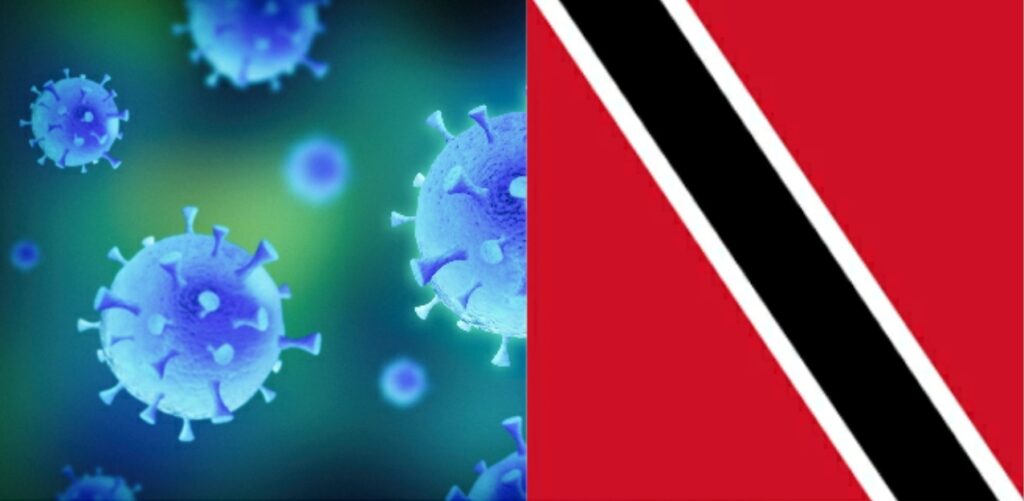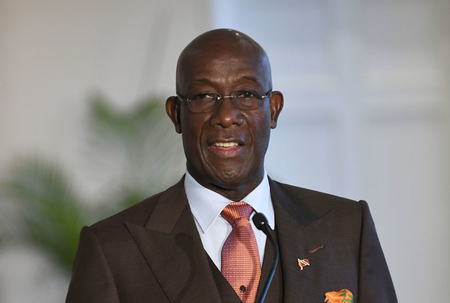
The Trinidad and Tobago government on Saturday declared a State of Emergency (SOE) and an eight-hour curfew as a “scared population” looked to the authorities to implement new measures to deal with a rising number of deaths and infections from the coronavirus (COVID-19) pandemic.

Prime Minister Dr Keith Rowley, speaking at the weekly news conference of the Ministry of Health, said that the SOE would go into effect as from midnight and the curfew would be from 9 p.m. to 5 a.m. (local time) daily.
“The state of emergency will remain in place until it has expired or continued,” he said, noting that under the law, the SOE remains in place for 90 days in the first instance.
“If you don’t have to be out for exempted reasons please stay home,” Rowley said, as the country reported 5 558 active cases of the virus and 276 deaths.
Rowley told reporters that it had now dawned on the population that the virus should be taken very seriously, saying he also came to the realisation that he was seeing a “population that is scared”.
“I am sorry that it has come to coffins and faces of dead people for us to realise that we are in and have always been in a very difficult place. Before we were only dealing with numbers, but I think the population is at the stage now where the numbers are being seen to be of people even known to you.
“Some of the people who have demised recently have been known to all of us either in the work that they do or the places they have been or just who they are. So we are no longer dealing with numbers. We are now dealing with 21 deaths in one day and if you bring that down to per hour, it is almost one person dying every hour”.
Rowley said that is a frightening situation, warning if the situation is allowed to multiply “very soon we will be happy when it is only 21 because it could go to a number where 21 is a great improvement…because the more we are allowing ourselves to be infected, that population of infected people would generate a large percentage of sick people and will generate a larger population of dead people”.
He said that while it is not feasible to shut down a country “much as we would like everybody to be home” the authorities are allowing for workers in essential services to function so as to prevent the rest of the population engaging in buying things in excess thereby causing a panic.
“We were carrying a balancing act’ life and livelihood all the time,” Rowley said, noting that “the situation now with threaten inability to provide health care means that the input on the life side, on the seesaw we have to put more emphasis on the life side than on the livelihood for a little while”.
Rowley said places like gas stations, pharmacies, supermarkets, would be allowed to operate within the nine hour 12 hour period,” but the other areas we will shut down completely”. (CMC)